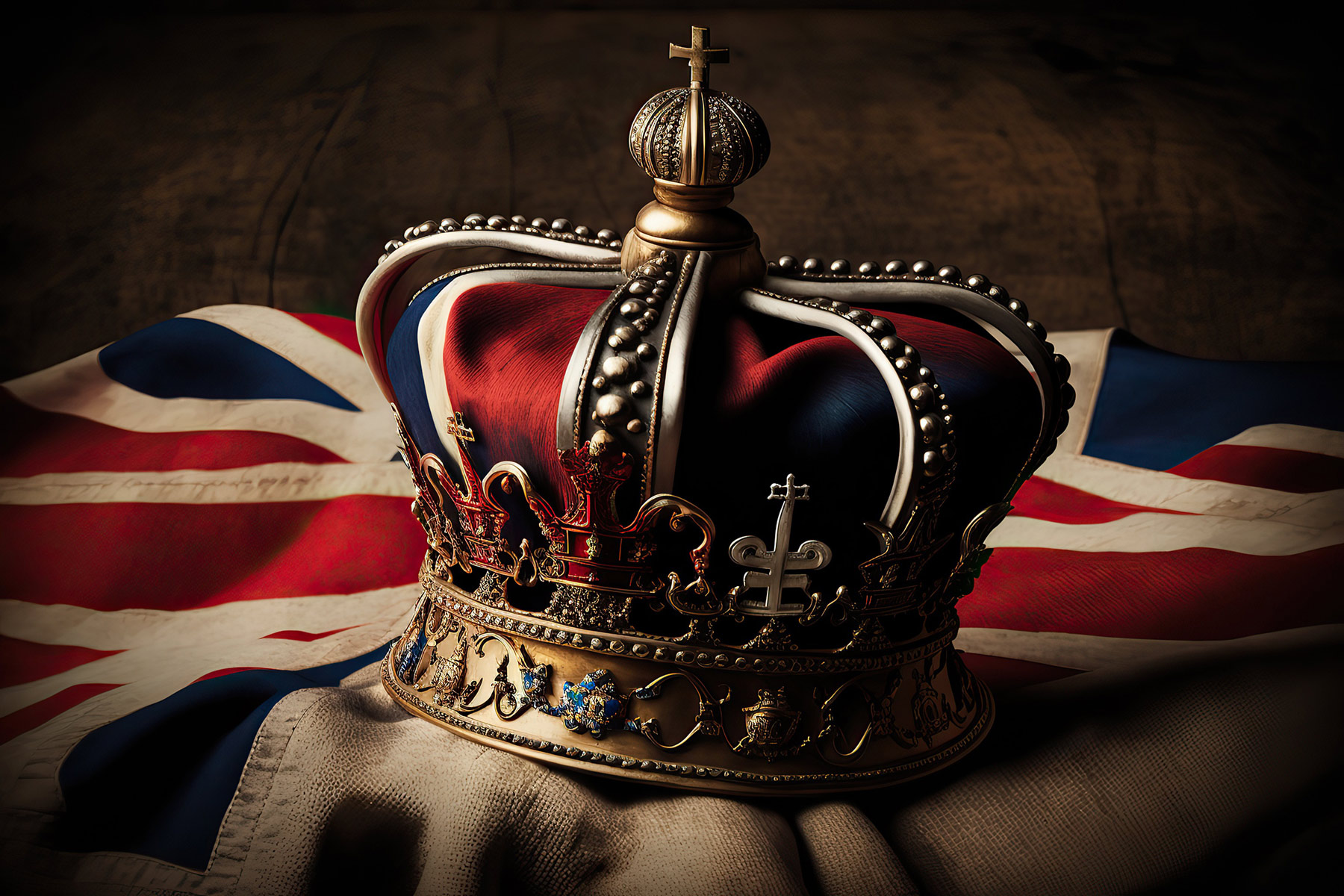When a new monarch ascends the throne, the celebrations come with interest and anticipation as to the vision that the King or Queen will bring with them and the change that they will strive to implement. For King Charles’ mother and predecessor, Queen Elizabeth II, war and political unrest were two of the greatest concerns of the era; because of them, the focus of her reign became visiting different regions and embracing the culture of each in order to strengthen the relationship between nations. Although war and political unrest will always endure, it is not the wars that we wage with each other, but the war that we are waging on our planet, which will likely be King Charles’ key concern.
The former Prince of Wales began talking about sustainability over fifty years ago. In 1969, a year before discussions about the environment really broke through into the mainstream, the Prince wrote a letter to Prime Minister Harold Wilson about the short-sightedness of allowing salmon stocks in Scottish rivers to decline so rapidly. Over the decades that followed, the passion for the environment expressed in the Prince’s letter to the PM evolved into a grounded rhetoric which focuses on sustainable development.
For King Charles, protecting the environment isn’t about completely changing the way that we live; it is about reorganising economic activity so that it sits within the limits of the planet. But the problem with drawing a connection between the environment and the economy is that people immediately assume you are taking a political stance, and the more politicised an argument becomes, the greater the risk of it becoming disconnected from the actual issues at hand. However, as the political noise around sustainability increased in volume, the King formulated a way of talking about the environment that focused less on the science of climate change and more on harnessing the power of localism and shared values to drive sustainable development.
In this way, King Charles’ brand of environmentalism is a gentle one – an organic one, perhaps. It distances itself from politics and isn’t interested in emotive rhetoric or punishing sanctions. Some would argue that at a time when sustainability and politics have become inextricably linked, this renders it ineffective. For example, at COP27 in November 2022, the item at the top of the agenda was Loss and Damage, an explicitly political issue which, because of the position that the King has taken, he will probably never be able to address.
But others would argue that systemic mindset change is – and always has been – the only way of protecting the environment, as a combination of greed and politics will eventually undermine all other methods. As a global society, we have to get to a point where we want to protect the environment more than we want to do anything else. This change in mindset cannot be forced, only encouraged, and for this challenge, King Charles’ approach to environmentalism is easily the most promising candidate.
K2 would like to congratulate King Charles on his coronation and wish him a long, distinguished and joyous reign. The King intends to shape a relevant and future-facing monarchy for the world of today and tomorrow, as official royal biographer Robert Jobson considers in a new book entitled His Majesty at 75: The Leadership and Vision of King Charles III. K2 is honoured to be a company featured in the book, which will be launched at Claridge’s in central London on 14th November.


